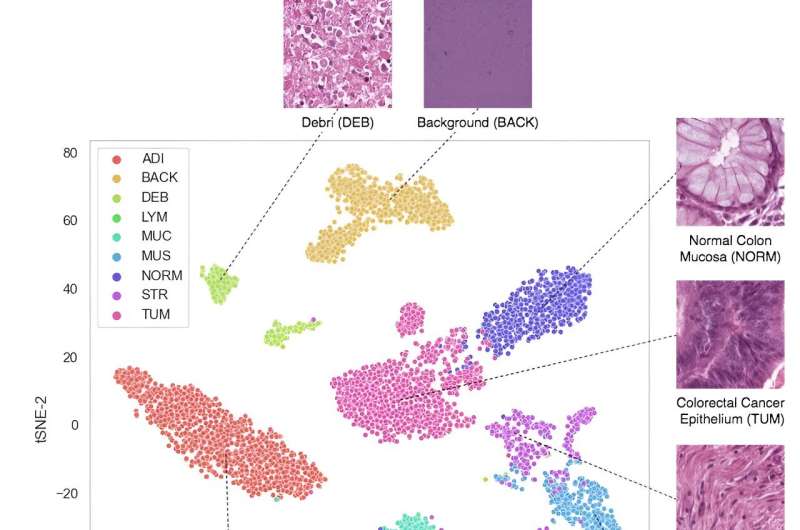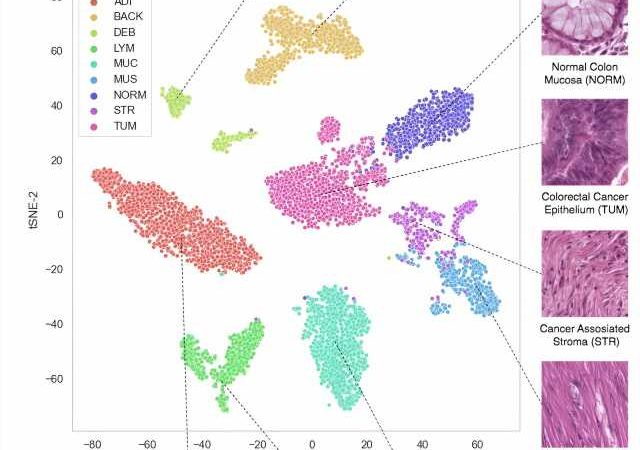
Researchers from the University of Jyväskylä in collaboration with the Institute of Biomedicine University of Turku and Nova Central Finland have developed an artificial intelligence tool for automatic colorectal cancer tissue analysis. The refined neural network outperformed all previous methods of evaluation.
The neural network offers a faster, more precise method for classifying colorectal cancer tissue images from microscope slides. This could significantly reduce the workload of histopathologists, leading to quicker insights, prognoses, and diagnoses. The study is published in the journal Scientific Reports.
In a significant nod to open science and cooperative growth, the researchers are making the trained neural network tool available to the public. This gesture is intended to spur further advancements by inviting scientists, researchers, and developers globally to refine its capabilities and investigate new applications.
“By granting universal access, the aim is to fast-track breakthroughs in colorectal cancer research,” adds Fabi Prezja, who was responsible for the design of the method.
While the results are promising, it’s crucial to adopt AI in clinical settings judiciously. The caliber and diversity of medical data are central to the success of AI-driven methods. As these AI solutions inch closer to routine clinical implementation, it’s imperative they undergo stringent clinical validation to ensure their outcomes consistently align with clinical standards.
More information:
Fabi Prezja et al, Improved accuracy in colorectal cancer tissue decomposition through refinement of established deep learning solutions, Scientific Reports (2023). DOI: 10.1038/s41598-023-42357-x
Journal information:
Scientific Reports
Source: Read Full Article
